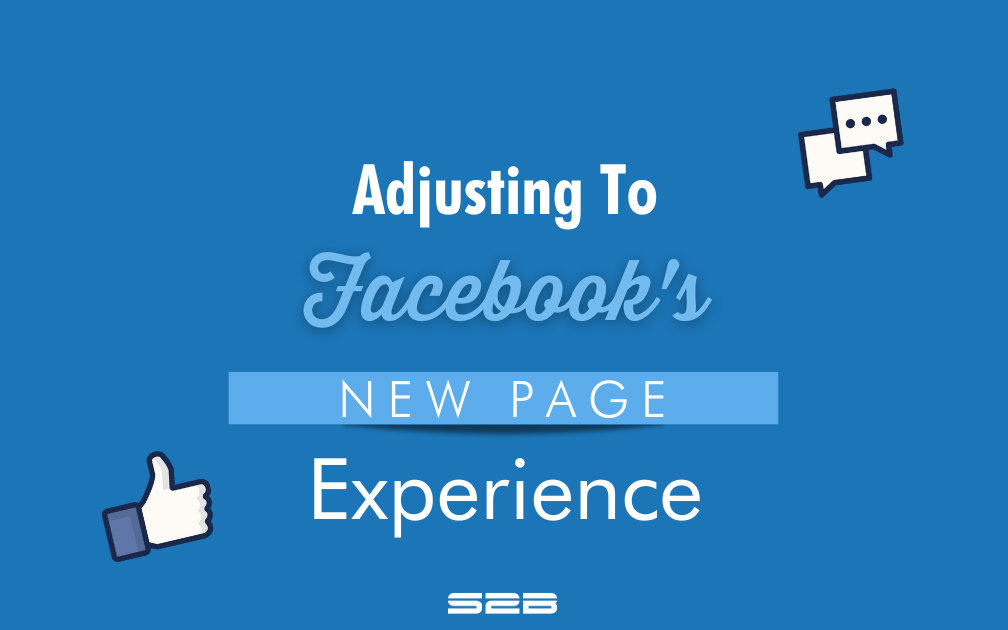Marketing is about finding your ideal customer and sharing your message: How you’ll make their lives better. You need to research and identify your target market, decide how your business will stand out, and develop a plan. Small businesses often have tight marketing budgets, making promoting your business a challenge. But marketing is the number one essential thing a small business needs to succeed. The good news is there are plenty of ways for you to market yourself to your prospects at little or no cost.
Marketing attracts prospects, prospects become buyers, and buyers provide profit. But marketing is more than just putting your business name out into the world. According to the U.S. Small Business Administration, marketing must create a connection:
“Marketing is everything an organization does to build a relationship between the company and consumer.”
We live in a time where businesses are expected to be engaged and responsive, and consumers encounter ads at every turn, which makes this definition more relevant than ever.
There are countless ways to promote your small business, so it’s important to identify and focus on the most effective tactics. Here are some thoughts and ideas to get you started with your small business marketing.
Make a Marketing Plan
Before you even opened your doors, you took the time to create a business plan. Did you also create a separate marketing plan? If not, now’s the time!
One of the smartest things you, as a small business owner, can do is take the time to develop a marketing plan. A marketing plan clearly outlines how you will reach your ideal customers by effectively implementing your marketing strategy. Small business marketing is about finding your ideal customer and sharing your message. You need to research and identify your target market, decide how your business will stand out, and develop a plan.
Here are some key components of a marketing plan:
- Know your mission, vision, and core values. As this gets right to the heart of why you’re doing what you’re doing, this will directly lead to the message you will be communicating to your clients and prospects.
- Conduct market research. To be successful, you must understand your competitors, your target audience (customers), market dynamics, current sales in the industry, and industry benchmarks.
- Marketing Strategies. Write down the marketing and promotion strategies that you want to use or at least consider using. We go more in-depth on some strategies to consider later in this blog.
- Budget – What strategies can you afford? What can you do in-house? What do you need to outsource?
- Establish quantifiable marketing goals. This means goals that you can turn into numbers. For example, your goals might be to gain at least 30 new clients or sell ten products per week or increase your income by 30% this year. Your goals might include sales, profits, or customer satisfaction.
TIP: Set SMART goals that are specific, measurable, achievable, relevant, and time-bound.
Define Your Brand
Your brand is the image customers have of your business, so take the time to define it thoughtfully and early before the market does it for you. That way, your company’s image will be what you intend it to be. It should be strategic and intentional.
Here are four steps you can follow when building your company’s brand:
- Determine your target audience.
- Position your product and business.
- Define your company’s personality.
- Choose your logo, words, and colors that will define your brand.
Your brand is what sets you apart as an employer and community member. Your brand communicates your mission, your core values, and how that translates into a unique value proposition.
Marketing Ideas For You
There are multiple ways to market your business, both in-person and over the internet.
Networking – Even if your business is primarily online, consider adding networking to your marketing tactics. Maybe in 2022 the idea of in-person marketing sounds quaint but remember, business success is about relationships, and networking allows you to make the types of relationships that lead to sales, referrals, and other important business growth.
Marketing Materials – Be prepared with custom resources you can share online and in person. It would help if you always had something with you that represents your company’s mission and image that you could hand to a lead. The same concepts apply in online forums; a digital presence is crucial to success. Some examples are:
- Business Cards
- Flyers and brochures
- Promotional products and company swag to give away
- Launch a direct mail campaign
Digital Marketing
A reputable social media presence is no longer optional for small businesses. Most consumers expect to be able to follow a company’s progress, view updates, and make connections with the community. Social media can help define your image, promote products, gain clientele, and build relationships.
But, like all other forms of marketing, you need to have a solid idea of who your audience is, where to find them, and how to talk to them. You should strongly consider making a social media plan. Here are some of the components of digital marketing you will want to have:
- Create a website – You want to have a professional website that matches your industry. While this is something you could do yourself, you should strongly consider outsourcing.
- Use Social Media – Yes, you can spend money on digital advertising (and maybe you should), but there are many free tools. Choose the social media platforms (Facebook, Google My Business, LinkedIn, Instagram, Twitter, etc.) to reach your target audiences. Make sure you are regularly active on the social media accounts you create. Think consistency, community, collaboration, and commitment.
- Leverage Email Marketing – Having a well-tailored email list can be extremely valuable in your marketing efforts.
Here are some methods to build your list:
- Have an email opt-in on your website.
- Offer a free download or gift to entice people to give their email addresses.
- Start a free monthly newsletter.
Internet Marketing – There are various ways to use the internet for marketing beyond social media. Here are a few ideas:
- Advertise on Facebook, Google, or LinkedIn.
- Optimize your website and other online content using SEO.
- Track your online reputation.
- Upload a video to YouTube.
- Set up Google Analytics on your website.
In Conclusion
Marketing your small business well will be one of the key drivers of your success. You need to have a small business marketing plan, a clear message to articulate to your clients and prospects, and choose a variety of tactics to employ. You can do it yourself, but it’s a lot to take on, and you don’t have to go it alone.
You can schedule a free marketing consultation with us at any time!




